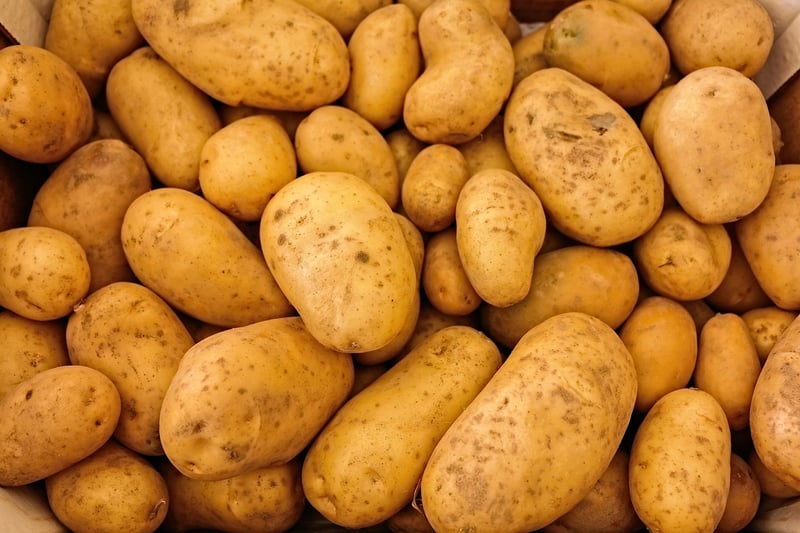Organic Selection
The Essential Components of Organic Selection
When it comes to choosing organic products, understanding the key components is essential to make informed decisions. Organic selection goes beyond just picking items labeled as "organic" and involves several important factors. Let's explore the key components that play a significant role in organic selection:
1. Certification
Look for products that have been certified by recognized organic certifying bodies. These certifications ensure that the products have met specific organic standards and are free from synthetic chemicals and pesticides.
2. Ingredient List
Check the ingredient list to verify that the product contains organic ingredients. Be wary of products that claim to be organic but have a long list of synthetic ingredients.
3. Farming Practices
Learn about the farming practices used to cultivate the organic ingredients. Sustainable and eco-friendly farming methods are integral to organic selection.
4. Environmental Impact
Consider the environmental impact of the product. Organic farming practices are aimed at preserving natural resources and promoting biodiversity.
5. Health Benefits
Organic products are known for their health benefits as they are free from harmful chemicals and pesticides. Choose organic for a healthier lifestyle.
6. Fair Trade
Support fair trade practices by selecting organic products that ensure fair wages and working conditions for farmers and workers involved in the production process.
7. Packaging
Opt for organic products that have eco-friendly packaging. Sustainable packaging reduces waste and minimizes environmental impact.
Make Informed Choices with Organic Selection
By considering these key components of organic selection, you can make informed choices that align with your values and contribute to a healthier planet. Choose organic for a sustainable and conscious lifestyle.

For more information on organic products and sustainable living, visit Organic Consumers Association.
